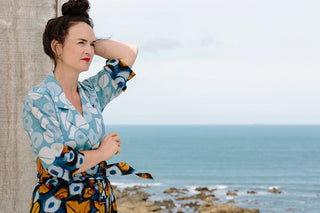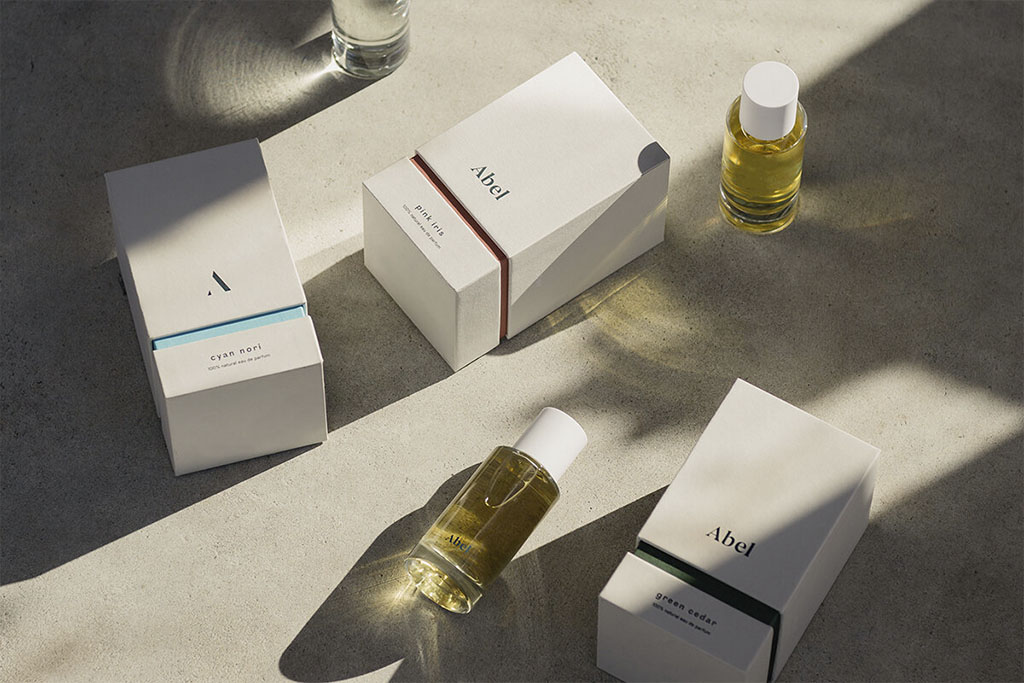An elegant, modern, long-lasting, and 100% natural fragrance is possible. Abel's founder tells us how she achieved it.
From the field of oenology to the world of perfumery, with boundless olfactory sensitivity, Shoemack was predestined to create the world's finest natural perfume. For her, comparing a natural fragrance with a synthetic one is like trying to compare fresh orange juice with a flavored drink. At Abel, synthetic fixatives, chemical UV filters, or preservatives are not used. Nature, the latest in technology, and putting all her effort into being the change she wants to see in the world.
Why did you choose to keep all your fragrances natural?
That's actually why I founded Abel. I'd never found a 100% natural fragrance within the niche category that was also modern, elegant, and long-lasting. We work only with plant-derived ingredients, but also with the most advanced science so as not to compromise the quality you're accustomed to in a signature fragrance.
How do you see the future of natural fragrances? Do you think other types of perfumery will disappear?
Every day we're seeing more and more growth and dynamism in the sector. I think customers have realized what's in their perfume, and I don't see that changing; people will only become more and more aware.
We're now really focused on the next evolution—researching the impact of the supply chain and how your perfume packaging breaks down in the environment. Personally, I believe (and hope!) that people start rejecting petroleum-based ingredients (non-renewable, non-biodegradable), which will force more change and creativity in the industry.
If we look at the people and structure behind Abel, they're a very real reflection of the world we see today, with its intermingling of different cultures and ethnicities. You're from New Zealand, the perfumer lives in São Paulo, the headquarters are in Amsterdam, and the sales director is based in Boston. Does this multicultural aspect contribute anything to the brand?
Yes, for us it's always been about people... we tend not to let geography get in the way of working together! It doesn't make things simpler, but it does make them interesting! We haven't been able to travel, which has made working across borders as a team more difficult, but it's also much more common for people to work from home, so we're kind of ahead of the trend!
Viticulture and perfumery have many things in common. Beyond the sensorial aspects, Abel explains what specific points connect viticulture and perfumery.
The emotional trigger of aroma is found in both wine and perfume, as are the deep roots in Southern European culture. Both products are created to enhance our lives; they are rich, layered, and, above all, they bring us joy!
If you had to compose a fragrance inspired by Barcelona, how would you do it?
It would have to reflect the people! For me, that's really the crux of the matter: the color and style of the region, the music, the warmth. For me, Barcelona would be a fragrance with high energy and vibration: bright top notes, balanced by a sophisticated heart accord and a rough urban base... Now this sounds like a fragrance I'd like to explore!



